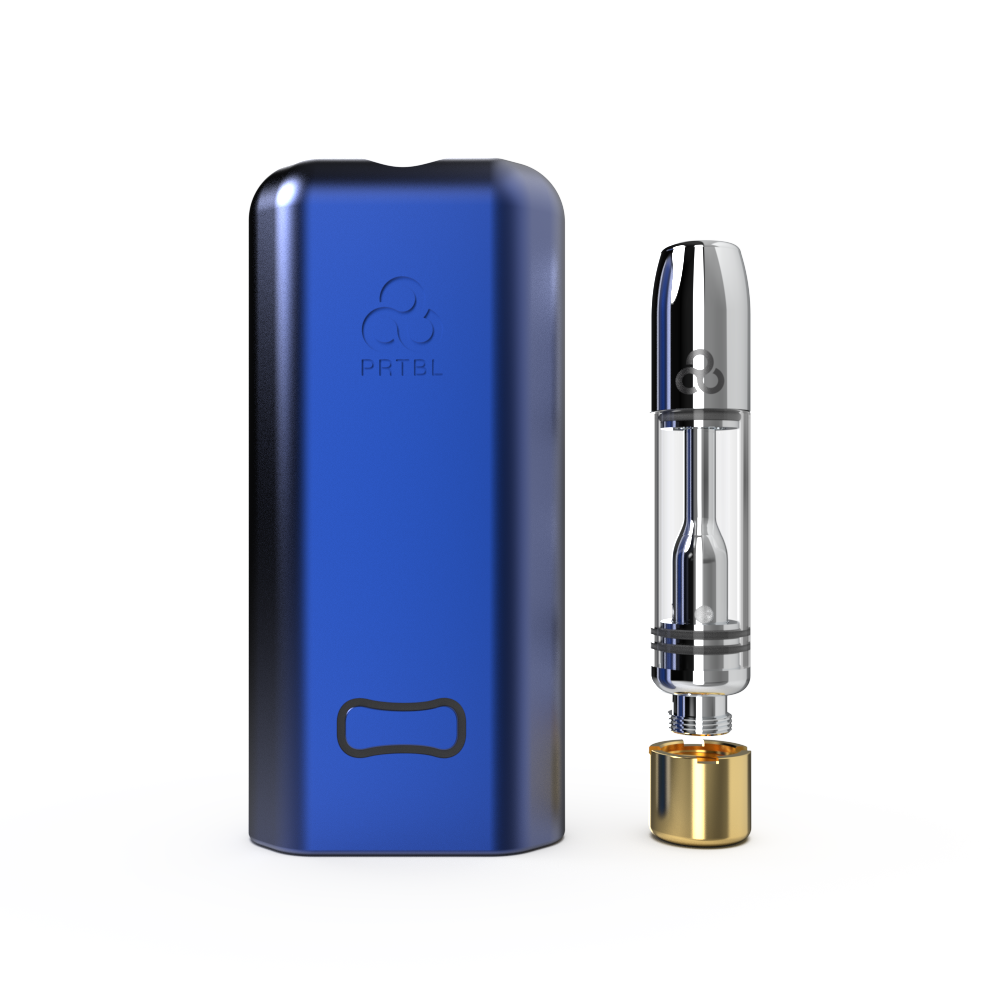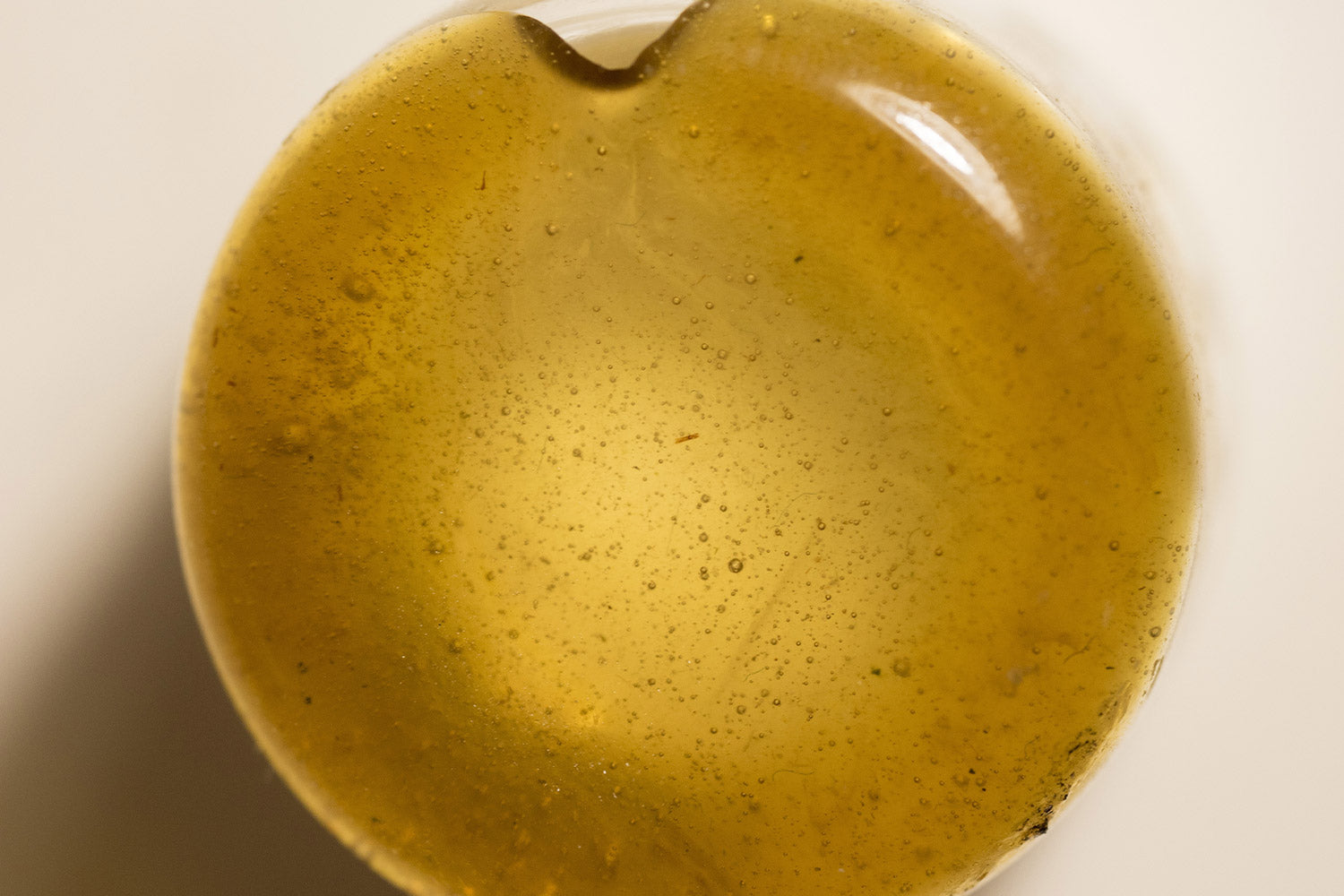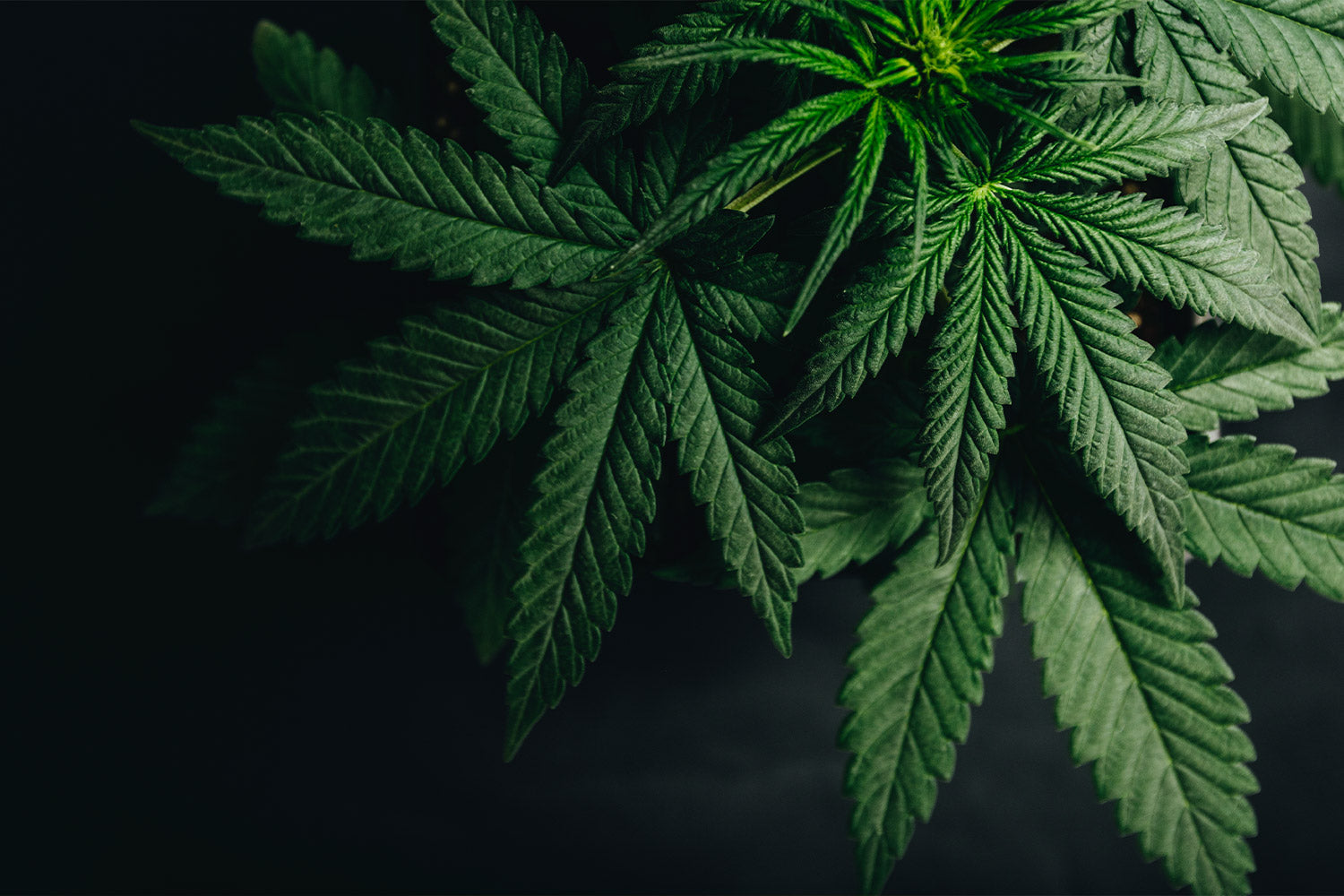Rosin and distillate are two different types of cannabis concentrates that are becoming increasingly popular among cannabis enthusiasts. While both are derived from the cannabis plant, they have different properties and are produced using different techniques.
Rosin is a type of cannabis concentrate that is made by applying heat and pressure to cannabis flowers. This process causes the trichomes (the resin glands on the cannabis plant that contain cannabinoids and terpenes) to separate from the plant material, resulting in a sticky, resinous substance that can be collected and used as a concentrate.
One of the main advantages of rosin is that it is a solventless process, meaning that no solvents or chemicals are used in its production. This makes it a relatively safe and natural way to produce cannabis concentrates. Additionally, rosin is known for its high terpene content, which gives it a strong and flavorful aroma and taste.
Distillate, on the other hand, is a type of cannabis concentrate that is produced using a process called distillation. This involves heating and vaporizing the cannabis plant material, and then condensing the vapor back into a liquid form. This process allows for the separation and isolation of specific cannabinoids and terpenes, resulting in a high-purity, potent cannabis concentrate.
One of the key benefits of distillate is its consistency and potency. Because it is produced using a precise and controlled process, it is possible to create distillate that is very high in THC or other cannabinoids. Additionally, distillate can be used in a variety of different products, including edibles, tinctures, and vape cartridges.
In summary, rosin and distillate are two types of cannabis concentrates that are produced using different techniques and have different properties. While rosin is known for its natural and flavorful profile, distillate is prized for its high purity and consistency. Both are popular among cannabis enthusiasts and can be used in a variety of different products and applications.
Rosin is a type of cannabis concentrate that is made by applying heat and pressure to cannabis flowers. This process causes the trichomes (the resin glands on the cannabis plant that contain cannabinoids and terpenes) to separate from the plant material, resulting in a sticky, resinous substance that can be collected and used as a concentrate.
One of the main advantages of rosin is that it is a solventless process, meaning that no solvents or chemicals are used in its production. This makes it a relatively safe and natural way to produce cannabis concentrates. Additionally, rosin is known for its high terpene content, which gives it a strong and flavorful aroma and taste.
Distillate, on the other hand, is a type of cannabis concentrate that is produced using a process called distillation. This involves heating and vaporizing the cannabis plant material, and then condensing the vapor back into a liquid form. This process allows for the separation and isolation of specific cannabinoids and terpenes, resulting in a high-purity, potent cannabis concentrate.
One of the key benefits of distillate is its consistency and potency. Because it is produced using a precise and controlled process, it is possible to create distillate that is very high in THC or other cannabinoids. Additionally, distillate can be used in a variety of different products, including edibles, tinctures, and vape cartridges.
In summary, rosin and distillate are two types of cannabis concentrates that are produced using different techniques and have different properties. While rosin is known for its natural and flavorful profile, distillate is prized for its high purity and consistency. Both are popular among cannabis enthusiasts and can be used in a variety of different products and applications.














Leave a comment
All comments are moderated before being published.
This site is protected by hCaptcha and the hCaptcha Privacy Policy and Terms of Service apply.